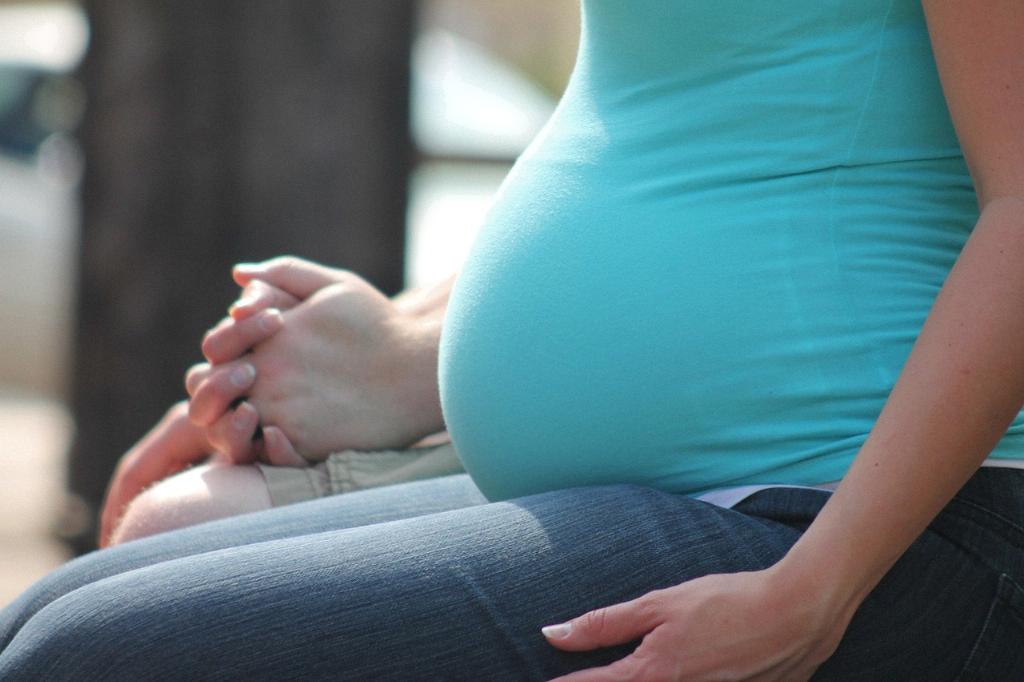Many women have retroverted uterus, a condition where the uterus tilts backward instead of the typical forward position. It is essential to address common concerns regarding whether this condition affects pregnancy and fertility.
Retroverted Uterus and Fertility
Having a retroverted uterus typically does not impact a woman’s fertility. It is entirely possible to conceive and have a healthy pregnancy with this anatomical variation. If experiencing difficulty conceiving, it is advisable to consult with a healthcare provider to rule out other potential causes.
The Myth of Retroverted Uterus and Pregnancy Complications
Contrary to popular belief, a retroverted uterus does not inherently lead to pregnancy complications. The position of the uterus itself does not determine the success or difficulties in carrying a pregnancy to term.
Conception with a Tilted Uterus
Women with a retroverted uterus can conceive naturally. The angle of the uterus does not obstruct the sperm’s ability to reach the egg, as the fallopian tubes facilitate this journey regardless of the uterus’s position.
Retroverted Uterus and Miscarriage Risks
There is no conclusive evidence linking a retroverted uterus to a higher risk of miscarriage. Miscarriages can occur due to various factors, but the positioning of the uterus is not a primary determinant.
Pregnancy Progression with a Tilted Uterus
During pregnancy, the growing uterus typically shifts position to accommodate the baby’s development. A retroverted uterus may naturally move into a more forward position as the pregnancy progresses, aligning with the body’s needs.
Medical Considerations for Retroverted Uterus in Pregnancy
In rare instances where a retroverted uterus causes discomfort or complications during pregnancy, healthcare providers may recommend specific positions for labor and delivery to optimize the process.
Addressing Concerns and Seeking Support
If you have a retroverted uterus and are planning for pregnancy or facing challenges conceiving, it is advisable to communicate openly with your healthcare team. They can provide personalized guidance and address any specific concerns you may have.
Embracing Individual Differences
Every woman’s body is unique, and variations like a retroverted uterus are common. Embracing these differences and understanding that they do not inherently hinder pregnancy can empower individuals in their reproductive journeys.
Conclusion: Retroverted Uterus and Pregnancy
In conclusion, a retroverted uterus should not be a cause for undue worry regarding pregnancy. While individual experiences may vary, the majority of women with this condition can conceive, carry pregnancies successfully, and deliver healthy babies without significant complications related to the uterus’s position.

